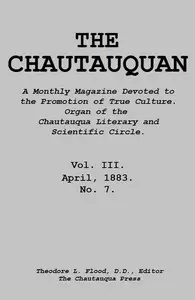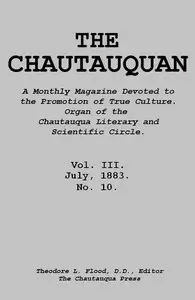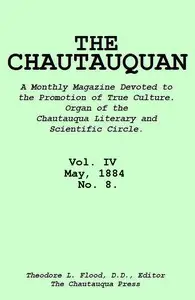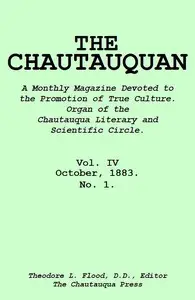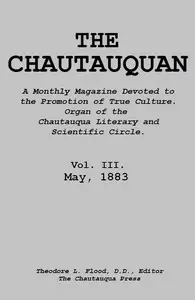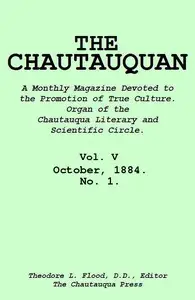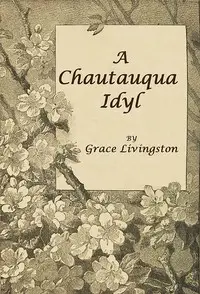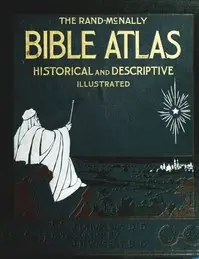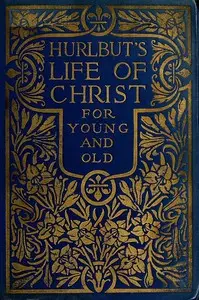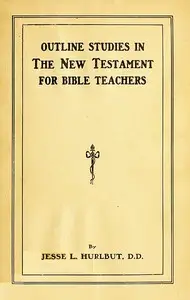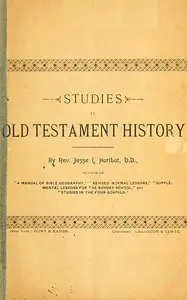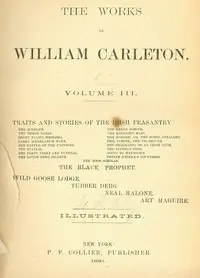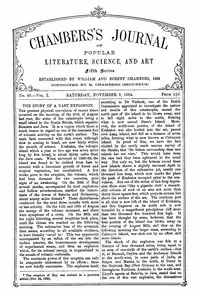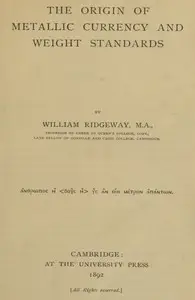"The Story of Chautauqua" by Jesse Lyman Hurlbut is a historical exploration of the Chautauqua Movement, a forward-thinking educational initiative that emerged in the 1870s. The author presents a detailed account of how this unique summer assembly sought to cultivate cultural, intellectual, and moral enrichment among adults. The detailed narrative showcases the indispensable roles of founders John Heyl Vincent and Lewis Miller, and includes supportive testimonials that underscore Chautauqua's lasting impact. The narrative presents Chautauqua Lake's enchanting landscape, illustrating the setting for the assembly's vibrant gatherings. The book highlights endorsements from leading figures that emphasize the necessity of recording assembly's influence. Initial chapters explore the groundbreaking educational principles championed by the founders, focusing on its mission to deliver religious and secular education to a diverse population. Through captivating stories and thoughtful insights, Hurlbut reveals the foundational ideals driving the Chautauqua phenomenon.
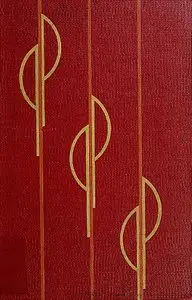
The Story of Chautauqua
By Jesse Lyman Hurlbut
Discover the captivating journey of a distinctive movement that transformed education and community during the late 19th century.
Summary
About the AuthorJesse Lyman Hurlbut was an American clergyman of the Methodist Episcopal Church. He was born in New York City, graduated at Wesleyan University in 1864, and held pastorates at Newark, Montclair, Paterson, Plainfield, Hoboken, Morristown, Orange, and Bloomfield, all in New Jersey. After 1879 he was connected with the Sunday-school and tract work of his denomination. He was secretary of the Epworth League in 1889–1892 and for some time was associated with J. H. Vincent in the direction of the Chautauqua Literary and Scientific Circle. From 1909 until his retirement in 1914 he was District Superintendent of the Newark District.
Jesse Lyman Hurlbut was an American clergyman of the Methodist Episcopal Church. He was born in New York City, graduated at Wesleyan University in 1864, and held pastorates at Newark, Montclair, Paterson, Plainfield, Hoboken, Morristown, Orange, and Bloomfield, all in New Jersey. After 1879 he was connected with the Sunday-school and tract work of his denomination. He was secretary of the Epworth League in 1889–1892 and for some time was associated with J. H. Vincent in the direction of the Chautauqua Literary and Scientific Circle. From 1909 until his retirement in 1914 he was District Superintendent of the Newark District.

